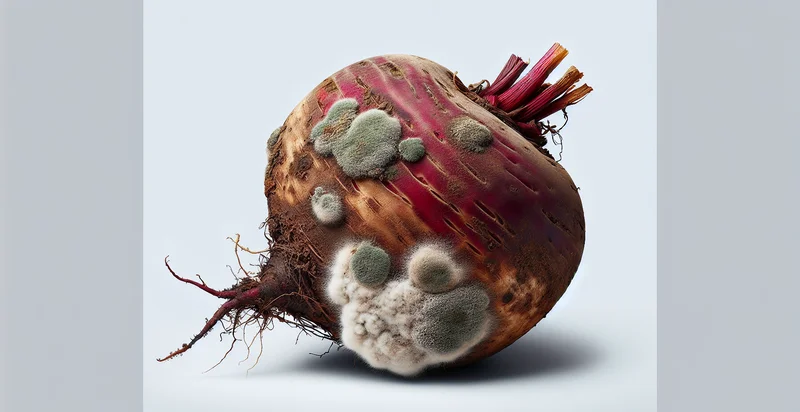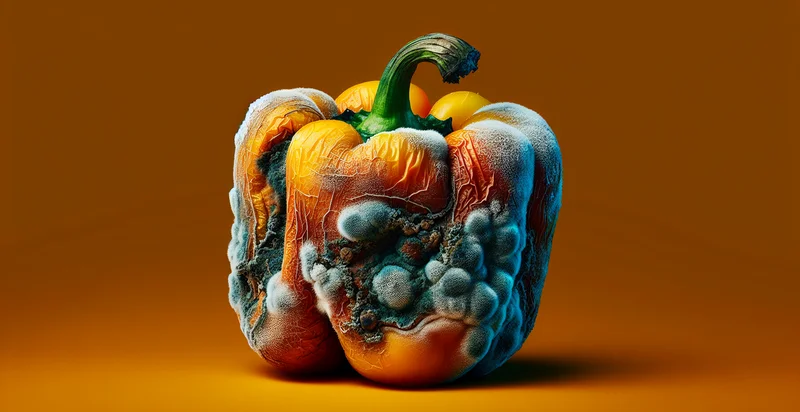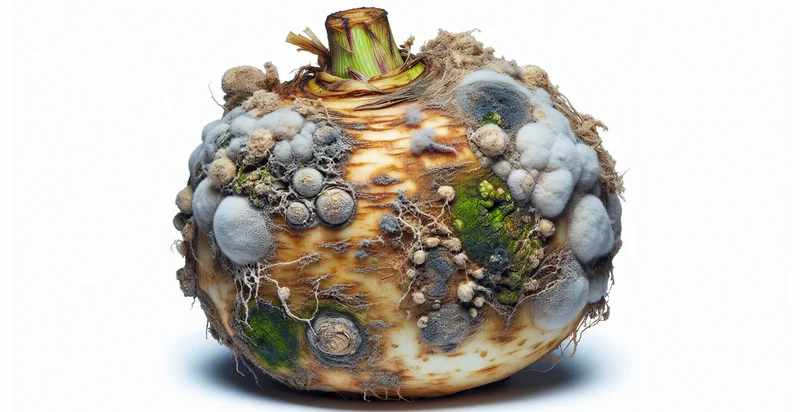Identify if beet is rotten
using AI
Below is a free classifier to identify if beet is rotten. Just upload your image, and our AI will predict if the beet is rotten - in just seconds.

Contact us for API access
Or, use Nyckel to build highly-accurate custom classifiers in just minutes. No PhD required.
Get started
import nyckel
credentials = nyckel.Credentials("YOUR_CLIENT_ID", "YOUR_CLIENT_SECRET")
nyckel.invoke("if-beet-is-rotten", "your_image_url", credentials)
fetch('https://www.nyckel.com/v1/functions/if-beet-is-rotten/invoke', {
method: 'POST',
headers: {
'Authorization': 'Bearer ' + 'YOUR_BEARER_TOKEN',
'Content-Type': 'application/json',
},
body: JSON.stringify(
{"data": "your_image_url"}
)
})
.then(response => response.json())
.then(data => console.log(data));
curl -X POST \
-H "Content-Type: application/json" \
-H "Authorization: Bearer YOUR_BEARER_TOKEN" \
-d '{"data": "your_image_url"}' \
https://www.nyckel.com/v1/functions/if-beet-is-rotten/invoke
How this classifier works
To start, upload your image. Our AI tool will then predict if the beet is rotten.
This pretrained image model uses a Nyckel-created dataset and has 2 labels, including Beet Is Fresh and Beet Is Rotten.
We'll also show a confidence score (the higher the number, the more confident the AI model is around if the beet is rotten).
Whether you're just curious or building if beet is rotten detection into your application, we hope our classifier proves helpful.
Related Classifiers
Need to identify if beet is rotten at scale?
Get API or Zapier access to this classifier for free. It's perfect for:
- Quality Control in Agriculture: This use case involves using the 'if beet is rotten' identifier during the harvesting and packaging processes. By sorting beets based on their quality, farmers and distributors can ensure only fresh produce reaches consumers, reducing waste and increasing customer satisfaction.
- Supply Chain Management: Food suppliers can integrate this classification function into their logistics systems. By identifying rotten beets early in the supply chain, they can optimize inventory, minimizing losses and ensuring fresher products are delivered to retailers.
- Automated Sorting in Food Processing: Food processing facilities can employ the rotten beet identifier in their sorting lines. This automation helps eliminate human error in quality control, ensuring only good quality beets are processed, leading to better product quality and reduced recall risks.
- Retail Shelf Management: Grocery stores can utilize this technology to monitor the quality of beets on shelves. By identifying and removing rotten items promptly, they can enhance the shopping experience, maintain higher standards for perishables, and reduce food waste.
- Smart Farming Solutions: Innovative agricultural tech companies can integrate this identifier into smart farming systems for real-time monitoring. Such solutions can alert farmers to issues with their crops before they become widespread, allowing for timely interventions and improved yields.
- Consumer Health and Safety: Food safety organizations can use the identification function in quality assurance programs. By ensuring that rotten produce is identified and eliminated from distribution channels, they help protect public health and prevent foodborne illnesses.
- Meal Kit Delivery Services: Meal kit companies can incorporate this functionality in their sourcing processes. By rejecting rotten beets before packing, they enhance the quality of their meal offerings, leading to higher customer satisfaction and retention rates.


